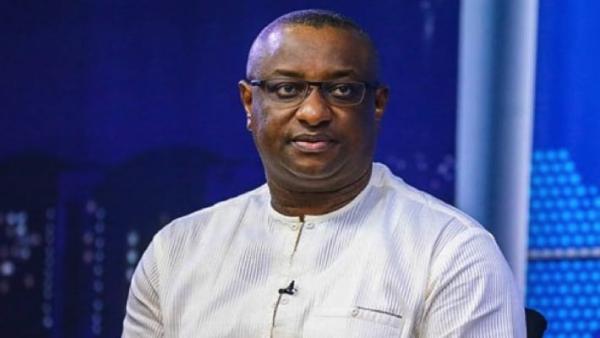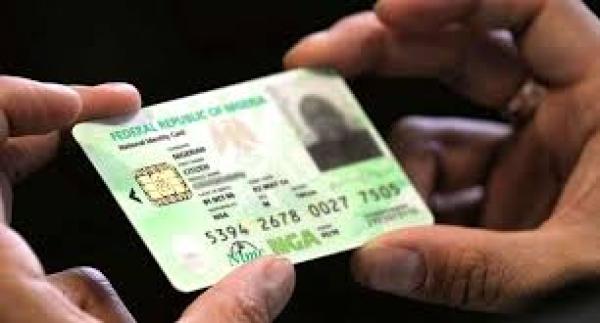
Central Bank of Nigeria (CBN) has rolled out policy for establishment of development banks popularly known as Development Finance Banks (DFIs) stipulating a minimum capital base of N100 billion and N10 billion for those that would operate in the wholesale segment and retail segment respectively.
With this development a major adjustment has been effected in the structure of banking industry in Nigeria creating a big ticket up-tier subsector in the industry.
Hitherto the key driver-subsector of the industry is the traditional deposit money banks with two segments, the commercial and the merchant banking segments.
The minimum capital base for them is N25 billion introduced by Chukwuma Soludo’s CBN in 2004, though the merchant banking segment had been eliminated with a universal banking regime then but re-introduced by Lamido Sanusi’s CBN in 2010.
The other tiers of the industry are the discount houses which is the top crust but with lesser capital base and then the microfinance banks, the grass-root tier. Also the DFIs have been operating in the banking and finance sector but just as government agencies and the capital base of the leading ones amongst them ranged from N29 billion for Infrastructure Bank, N45 billion for Bank of Industry and N50 billion for Nigerian Export Import Bank.
With the new policy roll out on DFIs the CBN has not only upped the scale in the sub-sector it has also signaled a private sector-led DFI regime going by the indications that Federal Government is set to privatise all the existing DFIs it runs. However, a note of policy discord appears to be in the horizon considering that earlier this month, the Minister of Finance and Co-ordinating Minister of the Economy, Mrs Ngozi Okonjo-Iweala indicated that the ministry would be setting up an SME Development Bank soon.
A DFI is a specialised financial institution established with specific mandate to develop and promote key sectors of the economy considered to be of strategic importance to the overall socio-economic development objectives of the country.
Under the guidelines rolled out last week by CBN, the Wholesale Development Finance Institution (WDFI) is a DFI devoted principally to providing wholesale funds to a group of other financial institutions under the new arrangement to be known as Participating Finance Institutions (PFIs) for on-lending to enterprises in identified sectors. Consequently a PFI is a financial institution licensed and/or regulated by the Central Bank of Nigeria and is involved in lending directly to end user clients in identified sectors.
Similarly the new policy guideline says that a Retail Development Finance Institution (RDFI) is a DFI devoted principally to lending directly to enterprises/ organisations in identified sectors. The objectives of the new DFI subsector as set out in the operating guidelines are to: fund micro, small and medium enterprise (MSMEs) and large enterprises (LEs) for economic development; foster growth in sustainable businesses; create Jobs; reduce poverty and improve quality of lives of Nigerians..
In a bid to accelerate the pace of development of the Nigerian economy and realization of the key roles of some critical sectors in the process, the Federal Government of Nigeria has over the years established DFIs to provide financial interventions in enterprises in the identified sectors to complement the efforts of banks and other financial institutions (OFIs).
However, CBN noted in its new policy guidelines that ‘’due to limited access to long-term and low-interest funds, in addition to other factors, the DFIs have recorded limited success. Consequently, the Federal Government in collaboration with development partners and international financial institutions (IFIs) decided to sponsor the establishment of






















